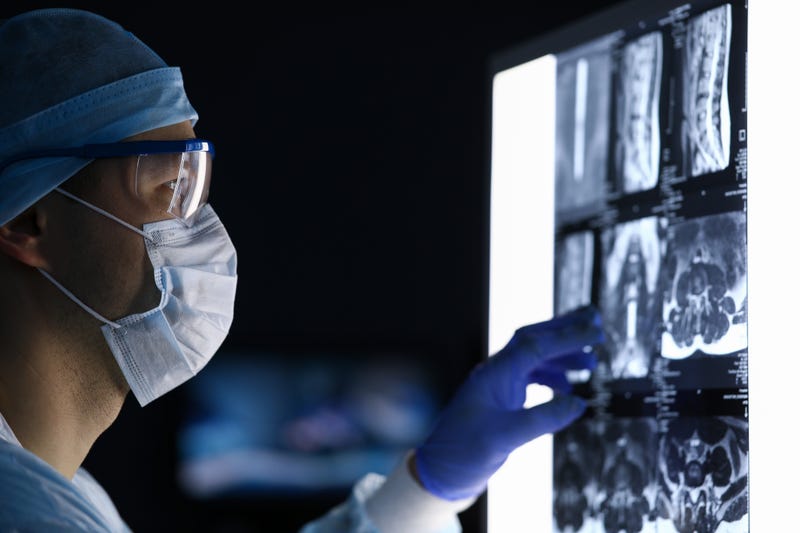
New research is suggesting that accelerated aging could be contributing to an increase in early-onset cancer rates among young people.
The findings have yet to be published in a peer-reviewed scientific journal, but were presented this week at the American Association for Cancer Research Annual Meeting in San Diego, California.
“Multiple cancer types are becoming increasingly common among younger adults in the United States and globally,” Ruiyi Tian, MPH, a graduate student at Washington University School of Medicine in St. Louis and lead author of the study, said in a news release.
The study highlighted that patients younger than 55 diagnosed with cancer were considered to have early-onset cancers.
Researchers shared that accelerated aging, which is described as someone’s biological age being greater than their chronological age, is found by examining several biomarkers in a person’s blood.
The research comes as cancer data shows there has been a stark increase in cervical and colorectal cancer diagnoses in younger males and females in recent years.
Another report showed that early-onset diagnoses of 29 cancers rose by nearly 79% between 1990 and 2019, with early-onset cancer deaths also rising nearly 28%.
“Understanding the factors driving this increase will be key to improve the prevention or early detection of cancers in younger and future generations,” Tian said.
For Tian’s study, he and his fellow researchers analyzed the data of more than 148,000 people in the UK Biobank.
Researchers then calculated the biological age of each participant using readings of nine biomarkers in their blood, including albumin, creatinine, glucose, and more.
If the researcher’s found that a participant’s biological age was higher than their chronological age, they were considered to have accelerated aging.
After compiling their information, the researchers found that participants born in or after 1965 had a 17% higher chance of accelerated aging compared to those born between 1950 and 1954.
Altogether, increases in early-onset cases of lung cancer (42%), gastrointestinal cancer (22%), and uterine cancer (36%) have all been found to be associated with accelerated aging.
Researchers shared that their findings could mean efforts to fight off aging could also help fend off cancer.
“If validated, our findings suggest that interventions to slow biological aging could be a new avenue for cancer prevention, and screening efforts tailored to younger individuals with signs of accelerated aging could help detect cancers early,” Tian said.
